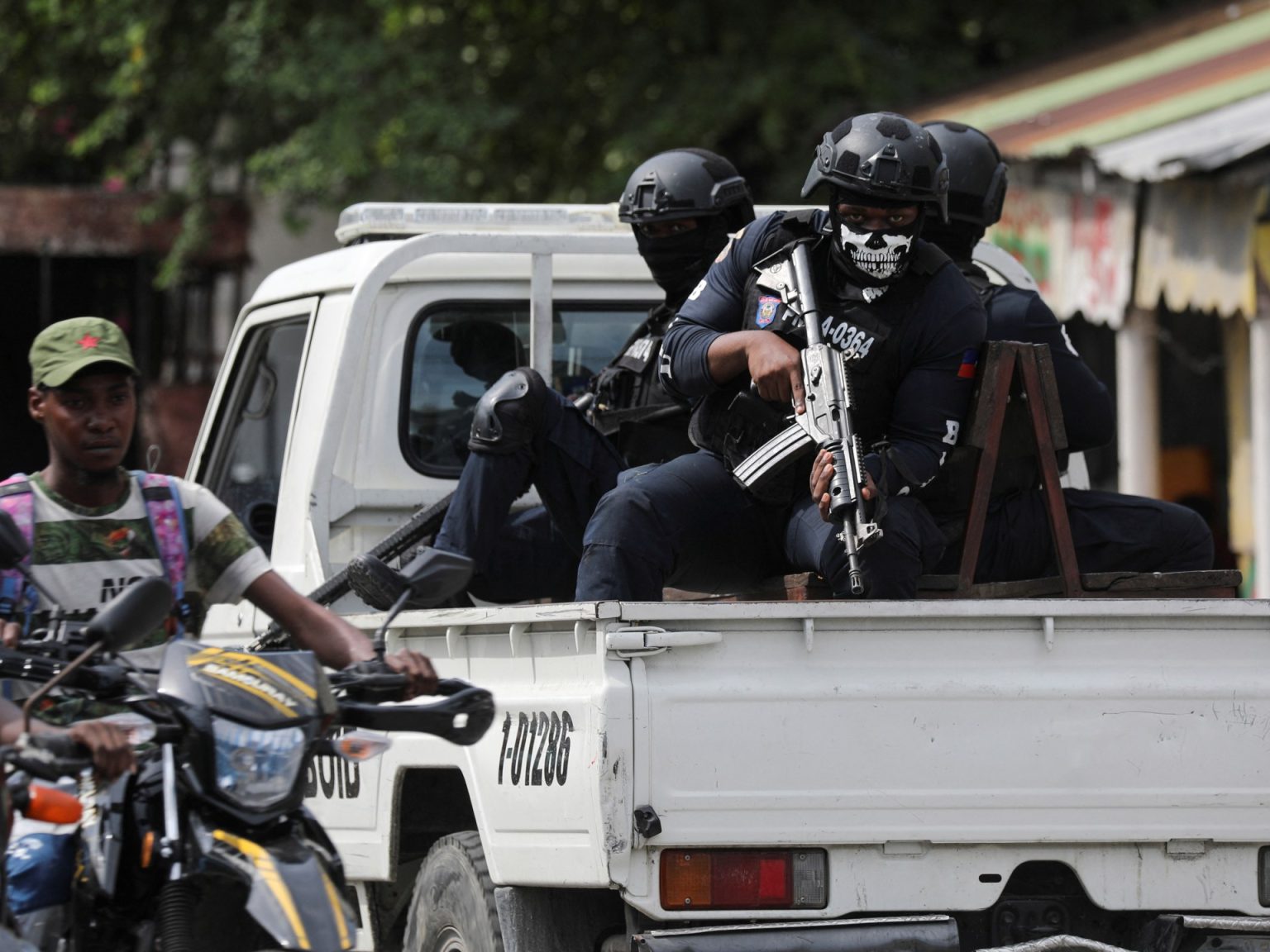An escalating gang war in Haiti has resulted in the killing or injuring of 1,745 people between July and September, a more than 30 percent increase from the previous quarter. A United Nations human rights report highlights that law enforcement officials carried out at least 106 extrajudicial, summary, or arbitrary executions, including six children aged 10 or younger. Gangs also kidnapped 170 individuals for ransom during this period. The surge in violence is occurring as a UN-backed security mission to combat the gangs has faced challenges in securing international funding and personnel.
The violence is primarily attributed to various gangs competing for power in Haiti, particularly the coalition known as Viv Ansamn, which has a significant presence in 80 percent of Port-au-Prince. In the La Saline shantytown, numerous residents were killed or wounded in recent clashes, while a failed gang truce in the Cite Soleil slum led to a two-day battle resulting in multiple fatalities. Gangs have also taken control of communities outside the capital, using extreme violence to gain dominance. Instances of gang rape and sexual violence have also been reported, impacting women and girls as young as 10 years old.
A significant number of casualties have occurred as a result of gang violence and the efforts to combat it, totaling 1,223 deaths and 522 injuries. Haitian law enforcement has been responsible for 669 casualties, with evidence pointing to a disproportionate use of lethal force and a lack of precautionary measures to protect civilians during police operations. Reports indicate that police have carried out extrajudicial executions, including the killing of children, prompting calls for investigations and accountability.
The violence in Haiti has escalated further, with recent attempts by gunmen to gain control of the Solino neighborhood, one of the last areas not under gang influence in the capital. Foreign staff of the UN and the US embassy have been targeted in gang attacks, causing disruption and fear among diplomatic personnel. A deadly gang attack in central Haiti resulted in the deaths of almost 100 people, including infants, women, and the elderly. The UN Security Council extended an arms embargo on Haiti due to grave concerns over the high levels of gang violence.
The humanitarian crisis in Haiti, exacerbated by gang violence, has forced 700,000 people from their homes, deepening poverty and hunger in the country. The situation has prompted urgent appeals for international support to provide resources for security missions and enforcement of the arms embargo. Efforts to address the deteriorating situation are being called for, with concerns raised about the increase in sexual violence and the trafficking and forced recruitment of children by gangs. International interventions are seen as crucial in addressing the complex challenges facing Haiti and ensuring the protection of vulnerable populations.













